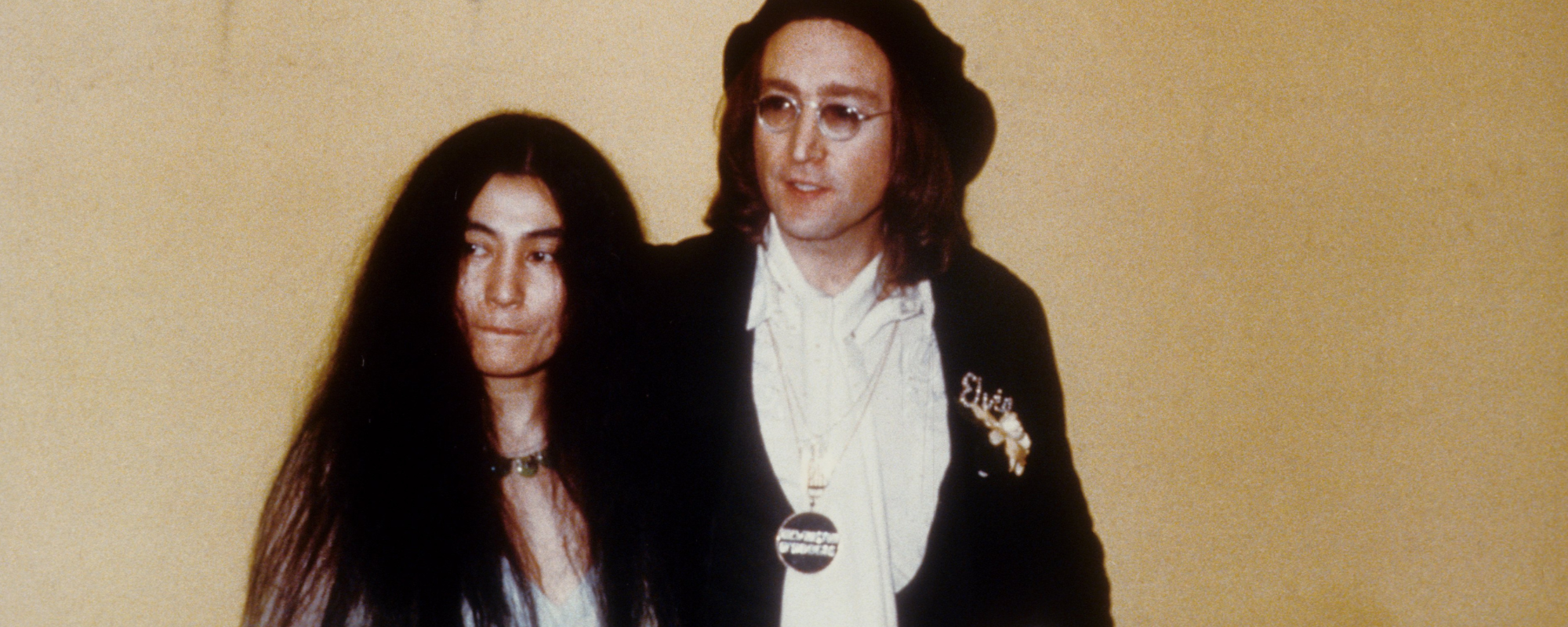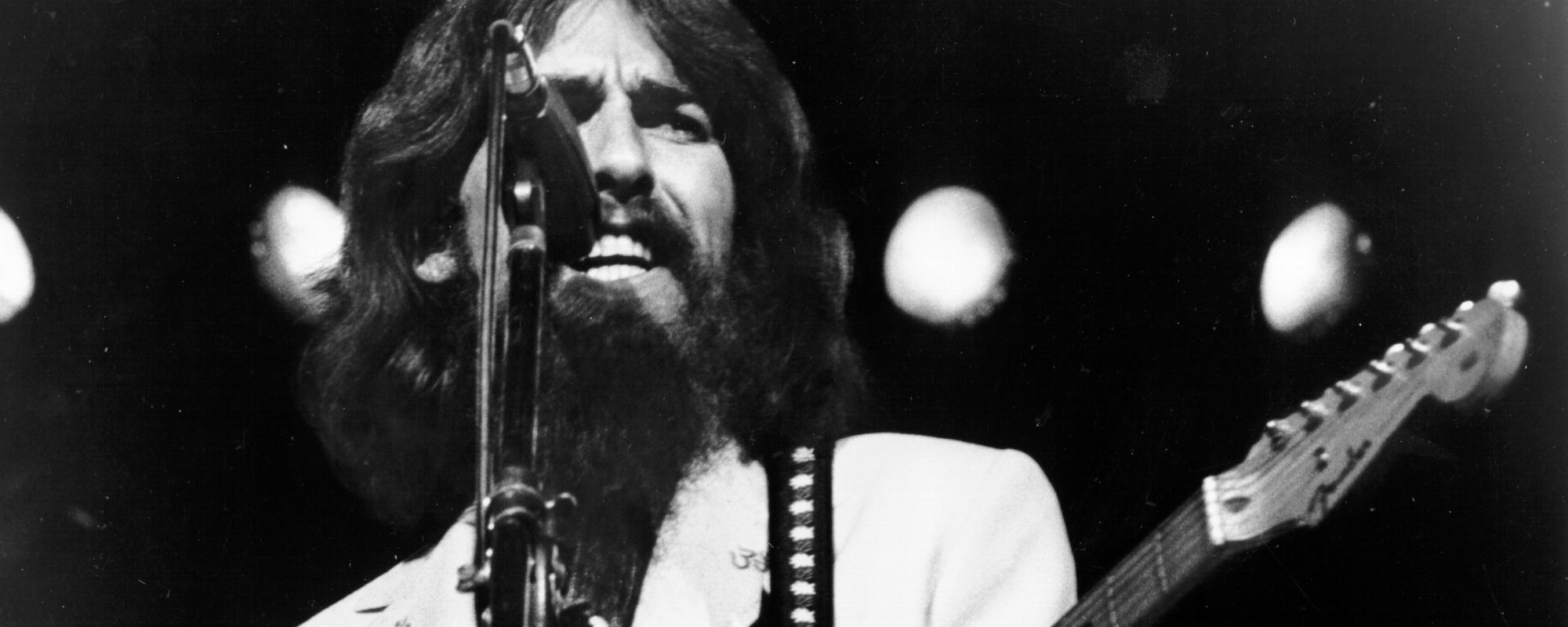Billie Joe Armstrong’s mother gave him a 12-string acoustic guitar when he was a freshman in high school. He teamed up with Mike Pritchard, a friend since grade school, to form a band called Sweet Children. The pair lived in an Oakland, California, squat and were heavily influenced by the music of The Replacements and Operation Ivy. The duo found acceptance in the underground punk scene with a hub at 924 Gilman Street.
Videos by American Songwriter
Pritchard changed his name to Dirnt, and Sweet Children changed their name to Green Day just as they signed with Lookout! Records. After a few releases, they teamed up with drummer Frank Edwin Wright III, who would become better known as Tre Cool. The band left the Bay Area to travel the world, but it would always consider that area home. Let’s take a look at the story behind “Welcome to Paradise” by Green Day.
Dear mother, can you hear me whining?
It’s been three whole weeks
Since that, I’ve left your home
This sudden fear has left me tremblin’
‘Cause now it seems that I am out there on my own
And I’m feeling so alone
Gilman Street
The scene that was emerging around the West Berkeley neighborhood was a springboard for bands like Operation Ivy, Rancid, AFI, The Offspring, and Green Day. “That place and that culture saved my life,” Armstrong told Rolling Stone magazine in 1995. “It was like a gathering of outcasts and freaks. It wasn’t about people moshing in a pit and taking their shirt off. That’s one thing I hate about the new mainstream thing: blatant violence. We get lumped into this bandwagon of this f–ked-up mentality. To me, punk rock was about being silly, bringing a carpet to Gilman Street, and rolling your friends up in it, and spinning it in circles. Or having a pit with people on tricycles or Big Wheels. The whole thing had a serious message to people, but at the same time, it was silly, and people weren’t afraid to talk about love.”
Pay attention to the cracked streets
And the broken homes
Some call it slums, some call it nice
I want to take you through
A wasteland I like to call my home
Welcome to paradise
Kerplunk
The band’s reputation was growing as it continued to tour. Crowds were growing, and the band was improving steadily, but things were getting out of control. They needed a support system. They signed with Cahn & Saltzman, the management company that would go on to represent Offspring, Rancid, and other punk acts. In April 1993, Green Day signed with Reprise Records.
Armstrong reflected on “Welcome to Paradise”: “It’s about West Oakland, living in a warehouse with a lot of people, a bunch of artists and musicians, punks, and whatever just lived all up and down, bums and junkies and thugs and gang members and stuff that just lived in that area. It’s no place you want to walk around at night, but it’s a neat warehouse where you can play basketball and stuff.”
A gunshot rings out at the station
Another urchin snaps and left dead on his own
It makes me wonder why I’m still here
For some strange reason, it’s now
Feeling like my home
And I’m never gonna go
Dookie
The band rerecorded “Welcome to Paradise” for its major label debut Dookie. It was the album’s second single. In 1994, Armstrong told Billboard magazine: “The whole thought of going on to a huge corporation bothered us, but we’re comfortable with it now. Punk isn’t really made for the masses, and since we have a strong punk background, we thought that our following would be like, ‘What the hell?’ But, if anything, the lyrics on this album are a bit more angry and pessimistic than the last one.”
Pay attention to the cracked streets
And the broken homes
Some call it slums, some call it nice
I want to take you through
A wasteland I like to call my home
Welcome to paradise
“Everything Sucks”
In “Welcome to Paradise,” Tre Cool wrote the guitar part, while Armstrong wrote the drum parts. This wasn’t the first time the musicians swapped instruments. Cool said about the song: “It’s like, ‘Everything sucks, but we’re having fun anyway.’ We’ll look you in the eye and still smile, even if horrible things are happening.”
Dear mother, can you hear me laughing?
It’s been six whole months since that
I have left your home
It makes me wonder why I’m still here
For some strange reason, it’s now
Feeling like my home
And I’m never gonna go
The Transition
Moving to a major label can often spell the end for bands, but Green Day took to it very naturally. Armstrong told the Associated Press in 2005: “From the start, we said, ‘Let’s make a concerted effort to stay around for a long time. Don’t make dated records. Don’t try to strike while the iron is hot and all that. Do what’s right for the band long term.’ Because we’re not going to get sick of doing this—and we knew that 10 years ago.”
Pay attention to the cracked streets
And the broken homes
Some call it slums, some call it nice
I want to take you through
A wasteland I like to call my home
Welcome to paradise, oh paradise
The Press
USA Today declared, “Proudly obnoxious and aggressively immature, punk’s noisiest splash since the Clash,” while Rolling Stone proclaimed, “Beavis and Butthead have started a band. It’s called Green Day.”
“I could care less if people think I’m insignificant because I’m 22 years old,” Armstrong said in 1995. “That’s great. We caused a generation gap. Great. Most of the bands around now, I’ve been playing music longer than they have, and I’m also way younger than they are.”
Some call it a wasteland, some refer to it as paradise.
When you purchase through links on our site, we may earn an affiliate commission.
Photo by Ethan Miller/Getty Images












Leave a Reply
Only members can comment. Become a member. Already a member? Log in.